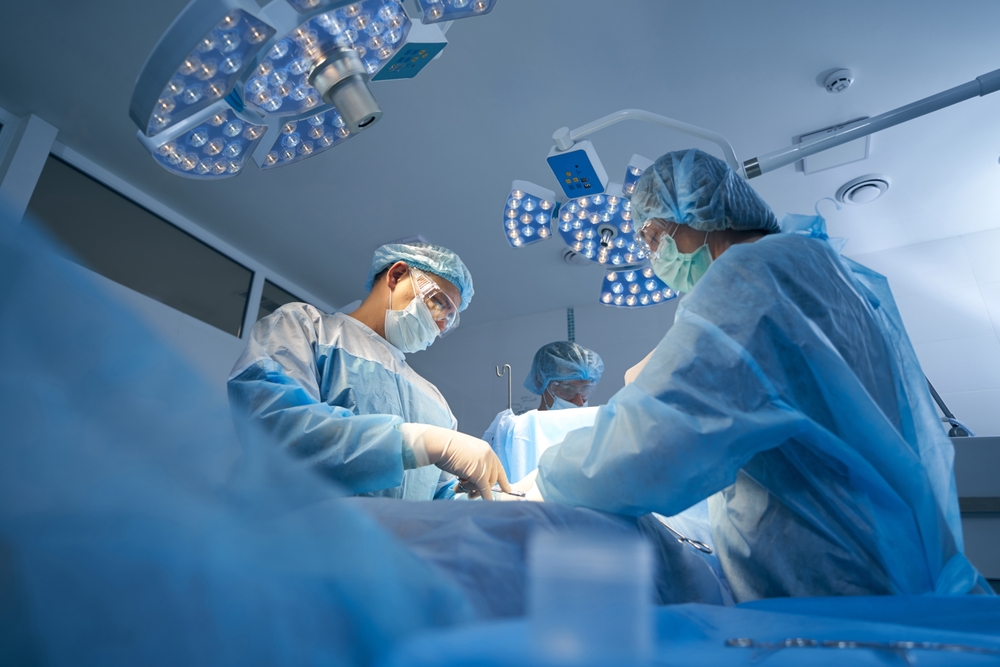Laparoscopic Gallbladder Surgery – FAQS | El Paso

Can I Live Without The Gallbladder?
The responsibility of the gallbladder is to concentrate bile from the liver. Without a gallbladder, there’s nowhere for bile to be collected, and as a result, your liver discharges bile straight into the small intestine.
Is It Necessary To Have My Gallbladder Removed?
You have first to determine whether gallstones cause your abdominal pain. They typically cause pain on your upper right side or in the center of your abdomen just below the breastbone that leads to the back or right shoulder.
What If I Decide Not To Have An Surgery?
The decision is entirely left to you whether to have an operation or not as long as you are aware of the risks of leaving gallstones untreated. Some of the risks of not treating gallstones are:
- Random attacks of gallstone pain.
- Episodes of inflammation or severe infection of the pancreas, gallbladder, or bile ducts.
I Am Not Noticing Any symptoms. Should I Have The Surgery?
We do not recommend laparoscopic gallbladder surgery for patients who do not have symptoms.
What Is The Procedure For The Surgery?
Laparoscopic gallbladder surgery is the most popular surgery done to take out the gallbladder. Our specialist inserts a lighted viewing instrument called a laparoscope and surgical tools into the patient’s belly through several small incisions; this is commonly known as keyhole surgery and has a high success rate. Most of the patients who undergo this surgery usually recover within ten days.
What Are The Risks Involved?
The risk for laparoscopic gallbladder surgery is relatively low and are listed below:
- Infection
- Bleeding
- Injury to the regular bile duct.
What precautions do I need to take after laparoscopic gallbladder surgery?
After the surgery, here are some important things to note:
- You might be able to drive again after a week or so of resting but first, make sure you can properly wear a seatbelt.
- You can get back to work after 10 to 14 days, depending on what your job entails
- You can return to a regular diet even if we advise you to stay away from certain foods before the surgery.
